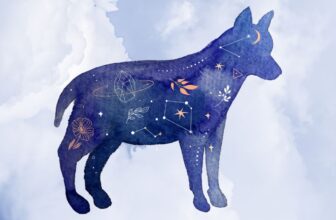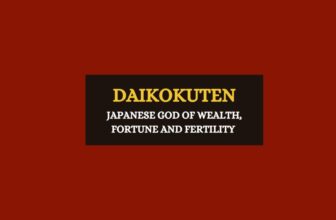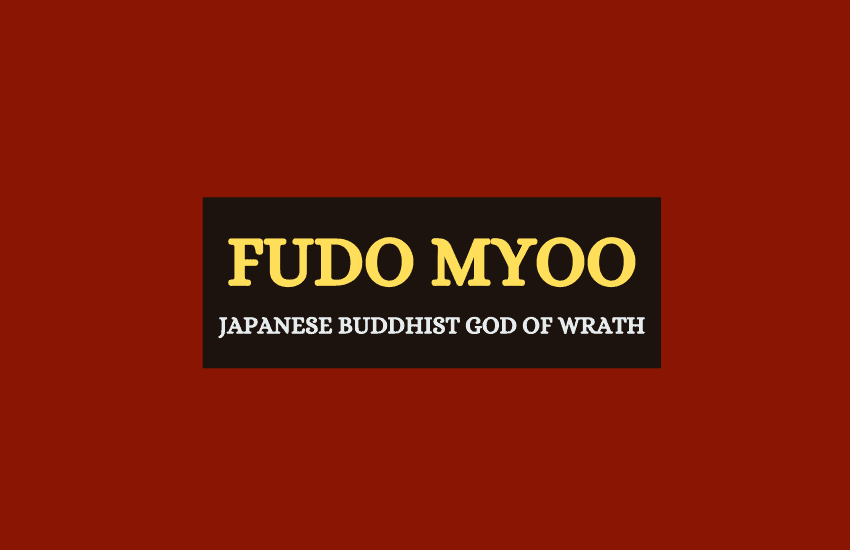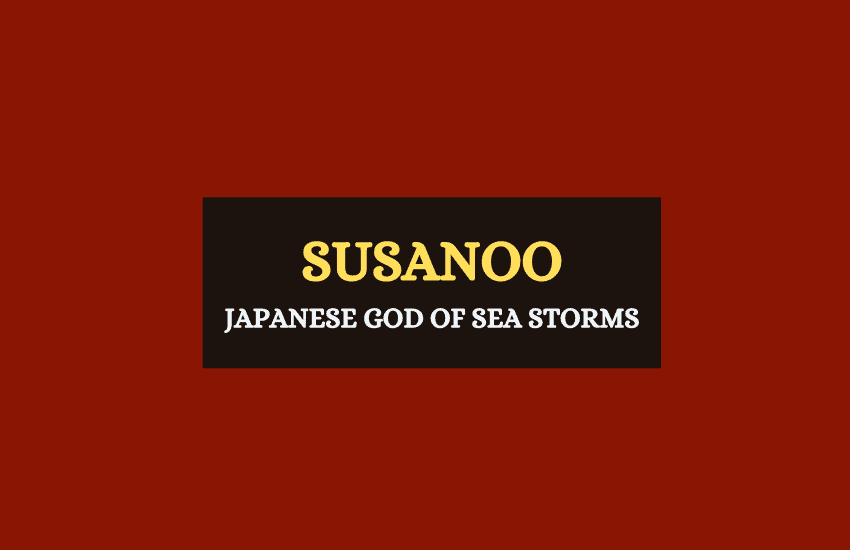
Table of Contents
Japanese mythology is full of many luck and fortune deities. What’s fascinating about them is that they come from multiple different religions, predominantly Shintoism, Hinduism, Buddhism, and Taoism. In fact, even to this day, Japanese people worship the Seven Lucky Gods – seven deities of luck and good fortune that come from all these different religions.
And yet, these gods have been worshipped in different cultures and have even become “patrons” of different professions over the centuries. The most important of all those luck deities, however, is the only one to come from Japan and Shintoism – the kami god of luck, Ebisu.
Who is Ebisu?
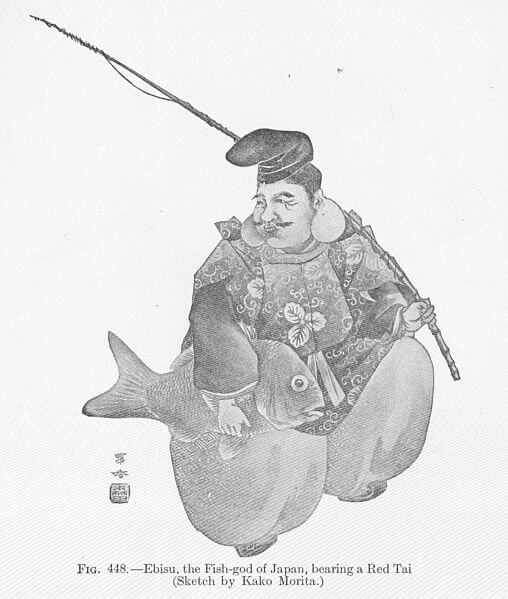
At face value, Ebisu seems like an ordinary luck deity – he roams the land and the seas and people pray to him for good fortune. He’s also the patron kami of fisherman, a profession highly dependant on luck in the first place. In fact, while his most common form is that of a human, when he swims he often transforms into a fish or a whale. What makes Ebisu truly special, however, is his birth and parentage.
Born With No Luck
For a kami that’s worshipped as the god of luck, Ebisu had one of the unluckiest births and childhoods in all of human history and mythology.
Most myths describe him as the firstborn child of the Mother and Father kami of Shintoism – Izanami and Izanagi. However, because Shinotism’s two main kami had performed their marriage rituals incorrectly at first, Ebisu was born misshapen and with no bones in his body.
In a display of horrific parenting that was unfortunately common at the time – Izanami and Izanagi placed their firstborn child in a basket and pushed him into the sea. After that, they promptly performed their marriage ritual again, this time in the right way, and started producing healthy offspring and populating the Earth.
It is worth noting that some Japanese myths give Ebisu different origins.
According to some, he was the son of Okuninushi, the kami of magic. According to others, Ebisu is actually another name for Daikokuten, a Hindu luck deity. However, given that Daikokuten is another of the famous Seven Lucky Gods in Japanese mythology, that’s an unlikely theory, and Ebisu is widely accepted as Izanami and Izanagi’s boneless firstborn child.
Learning to Walk
Floating around the seas of Japan, Ebisu – then called Hiruko, the birth name given to him by Izanami and Izanagi – eventually landed on some distant, unknown shores that are suspected to have been the island of Hokkaido. There he was taken in by a kind group of Ainu, the original inhabitants on the Japanese islands that eventually became the people of Japan. The Ainu person that was directly responsible for Hiruko’s upbringing was called Ebisu Saburo.
Even though Hiruko/Ebisu was a very sickly child, the care and love he received from the Ainu people helped him grow healthy and fast. Eventually, he even developed bones and was able to walk like a normal child.
Growing happily with the Ainu people, Hiruko eventually grew into the kami we know today as Ebisu – a smiling, always positive deity, that’s always willing to help and bless those around him with good luck. Eventually adopting the name of the man who raised him, Ebisu eventually returned to the sea and became, not just a kami of good fortune, but a patron kami of seafarers and fishermen in particular.
One of the Seven Lucky Gods
Even though Ebisu is known as one of the Seven Lucky Gods in Japanese mythology, he’s not directly related to any of the others. In fact, he’s the only Shinto god of luck among them.
Three of the Seven Luck Gods come from Hinduism – Benzaiten, Bishamonten, and Daikokuten (the latter often confused with Ebisu). Another three come from Chinese Taoism and Buddhism – Fukurokuju, Hotei, and Jurojin.

While Ebisu is the only Shinto kami among these seven deities, he’s arguably the most well-known and loved among them, precisely because he’s a Shinto kami.
What’s also curious about the Seven Lucky Gods, however, is that most of them eventually became patrons of certain professions. Ebisu was the patron kami of fishermen, Benzaiten was the patron of arts, Fukurokuju was the patron of science and scientists, Daikokuten was the god of merchants and trade (which is likely why he was confused with Ebisu as fishermen were also selling their haul), and so on.
Ebisu’s Last “Lucky” Disability
Even though the luck kami had grown bones by the time he returned to the seas, there was one disability he was left with – deafness. This last issue didn’t hamper Ebisu’s happy nature, however, and he kept roaming land and sea alike, helping those he stumbled upon.
In fact, Ebisu being deaf meant that he couldn’t hear the annual call to all kami to return to the Grand Shrine of Izumo on the tenth month of the Japanese calendar. This month, also known as Kannazuki, is called The Month Without Gods, because all the kami retreat from the land and go into the Izumo shrine. So, for a whole month, Ebisu is the only Shinto kami that still walks around Japan, blessing people, making him even more beloved among the people.
Symbolism of Ebisu
It’s easy to say that the god of luck symbolizes luck but Ebisu is much more than that. He also represents the duality of life, and the impact of a generous, positive attitude in the face of terrible odds, who shares his wealth and blessings freely.
While he’s a kami, and his divine nature allows him to completely overcome his initial impediments, the symbolism of his story is still that life offers both good and bad – it’s up to us to make the most out of both. In this way, Ebisu is symbolizes a positive attitude, a generous nature, wealth and prosperity.
Depictions and Symbols of Ebisu
Ebisu is typically depicted as a smiling, kindly man, wearing a tall hat, holding a fishing rod and together with a large bass or bream. He’s also associated with jellyfish, and objects that can be found in the sea, including logs, driftwood and even corpses.
Importance of Ebisu in Modern Culture
Ebisu is very popular in Japanese culture to this day but hasn’t made his way into too many modern anime, manga, or video games. His one notable presence is in the famous anime Noragami alongside several other of the Seven Lucky Gods. However, there Ebisu is portrayed as a well-dressed and very immoral person which goes against his mythological appearance.
Aside from pop-culture, the lucky kami is also the namesake of the Japanese Yebisu Brewery, the Evisu designer clothing brand, and many streets, train stations, and other establishments in Japan.
And then, of course, there’s also the famous Ebisu festival in Japan which is celebrated on the twentieth day of the tenth month Kannazuki. That’s because the rest of the Japanese Shinto pantheon is bound to gather at The Grand Shrine of Izumo in Chūgoku. Because Ebisu “does not hear” the summons, he remains worshipped during this period.
Wrapping Up
From all the Japanese gods, there is something lovable and instantly heart-warming about Ebisu. The fact that he had little to be thankful for, yet remained happy, positive and generous, makes Ebisu the perfect symbol of the adage, When life hands you lemons, make lemonade. Because Ebisu can be worshipped anywhere and at any time, he’s one of the most popular deities.




